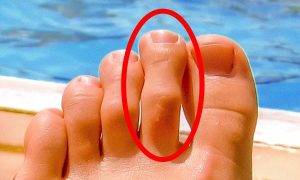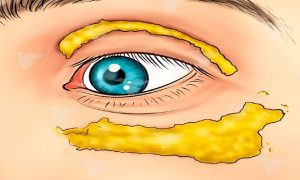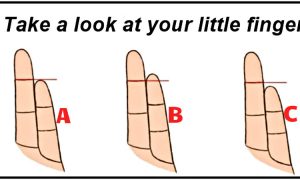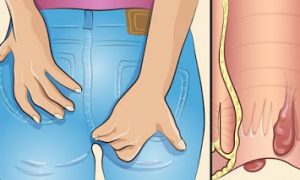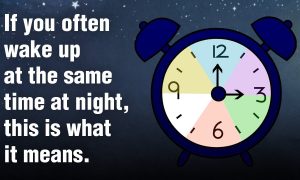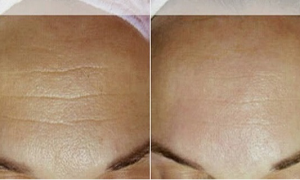Learning how to sleep better at night can affect every area of your life. Sleep is important for the proper functioning of all your body’s systems and organs. Research shows that poor sleep invariably has detrimental effects on your stress hormones, hormone production, and cognitive function (i.e., recall, decision making). Conversely, good sleep can actually help you to consume less calories, be physically active, and improve your mood (i.e., anxiety). The result is that you can eat more without gaining weight, reduce your stress levels, and enjoy better overall health.
To sleep better at night, one should go to bed at the same time each day. The exact time doesn’t need to be known specifically, but one should try to get up as close to the same time as possible in the day. This will aid the body’s ability to circadian rhythm. A person that goes to bed at odd hours may find that his/her entire body doesn’t feel completely rested until the following morning when they wake up. A good night’s sleep rejuvenates the mind and body and is also associated with decreased risk for various types of cancer, depression, and anxiety.
People that are new to going to bed or have altered sleep patterns, for example jet lag, may find that they can sleep better. Melatonin is an herbal supplement that stimulates the body to enter into a natural sleep pattern. There are several forms of melatonin and it is often available in liquid, pill, or tablet form. One should choose a melatonin supplement that best fits their lifestyle.
A third option to help people sleep better at night is light exposure. Many people who are suffering from insomnia have trouble sleeping because of light exposure during the day. People who work in environments where they are required to work with bright light are particularly prone to problems. Try to limit your exposure to computer screens or cell phones. Also, consider getting a brighter light for your bedroom. Avoid blue, green, or yellow light bulbs if you can.
One more thing that can negatively affect your sleep is alcohol or any other form of sedative. Although drinking may be relaxing, drinking too much can negatively affect your sleep. People who are regularly under the influence of alcohol often experience disrupted sleep patterns and problems with daytime sleepiness. Research has also indicated that melatonin can negatively affect alcohol and could help stop the progression of alcohol use if taken with the disorder.
An additional strategy to help people sleep better at night involves the use of negative thought like watching television or playing video games. It has been found that negative thought like playing video games can cause negative events in a person’s life such as family arguments and unemployment. Negative thought like playing video games can also disrupt sleep well and lead to negative thoughts.
If you don’t already practice regular exercise, you should start a regular exercise routine if you want to sleep better at night. Regular exercise can reduce stress, increase mood stability, improve sleep quality, increase endorphin levels in the body, reduce pain, promote healing, and reduce symptoms of depression. Regular exercise also allows people to control their calorie intake which can further affect weight gain and poor sleep.
One last strategy to improve sleep at night is to maintain a healthy diet and make sure one is consuming enough of the right nutrients. It has been found that one’s circadian rhythm can determine one’s sleeping patterns. People who are having a poor long-term sleep can benefit from eating foods with rich phytonutrients, which can improve one’s metabolic rate and promote sleep.



